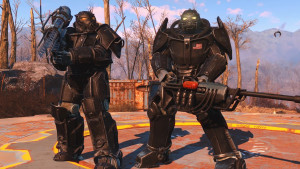Please support Game Informer. Print magazine subscriptions are less than $2 per issue
Game Piracy Isn’t Dead, But It Is On Life Support
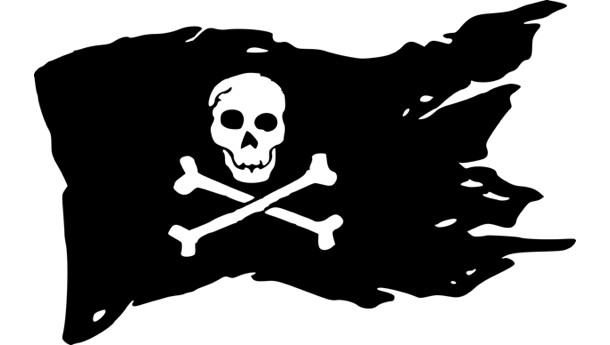
Almost as long as there have been video games, players have been hoping to enjoy those products without paying. For decades, this has resulted in an arms race between publishers and pirates that may finally be reaching an unexpected conclusion.
From arcane code dials and word-hunts in game manuals to serial numbers and oppressive DRM solutions, one thing has been consistent: Anti-piracy has been more onerous for the legitimate customer than those hoping to play illegally. But recently something major has changed that has upended the table, sending the playing pieces scattering across the ground.
Put simply: Cracking groups are at a loss. These loose partnerships are driven by reputation in a race to break copy protection that begins anew with every new game release. They have been stymied on multiple occasions recently, and it’s because of a relatively new player in the space.
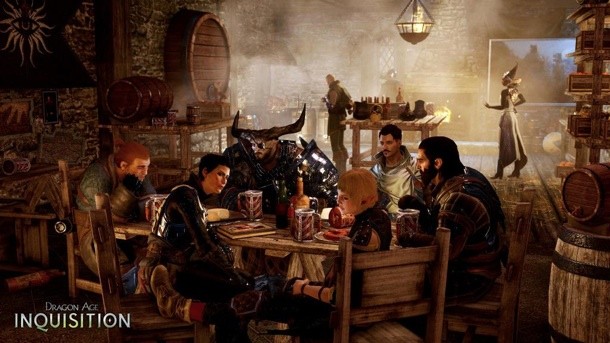
It’s Taking Months, Not Hours To Crack Games
Denuvo first stepped on to the piracy battlefield in 2014 with its Anti-Tamper solution. The company’s first deal was with EA, and Denuvo provided the piracy protection for FIFA 15. Since then, the relationship has expanded and the technology company’s network now includes Warner Bros., Square Enix, Konami, and CI Games.
Mashable reported last week that a member of 3DM, a notorious Chinese cracking group, has issued demoralized statements (translated by TorrentFreak). “Recently, many people have asked about cracks for ‘Just Cause 3′, so here is a centralized answer to this question,” writes 3DM founder “Bird Sister.” “The last stage is too difficult and Jun [cracking guy] nearly gave up, but last Wednesday I encouraged him to continue.”
It used to be that crackers could break into software and distribute pirated versions within hours of a game’s release (and in some cases prior to retail distribution). That window has suddenly expanded to months.
It took five weeks for the first Dragon Age: Inquisition crack in 2014, and that only supported certain Intel processors and Windows 7. It took a full 10 months and an entirely different group to enable the game for all Windows operating systems and processor makes. Just Cause 3, which has been available for six weeks, is still entirely secure with no viable cracks for any users circulating.
Denuvo has also led cracking groups to release imperfect pirated versions. For instance, Metal Gear Solid V: The Phantom Pain’s illegal copies crash to desktop after the prologue, requiring a copied game save to continue. A Mad Max crack circulated, but if users accessed the minimap, the game would boot them out.
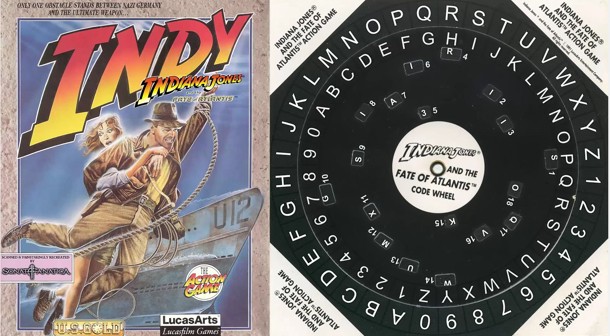
An anti-piracy code-wheel that was packaged with games.
Understand Piracy To Build A Better Mouse Trap
One of the reasons that Denuvo says it has been so successful is that it is transparent to buying customers on platforms that already have DRM in place, like Origin and Steam. “In the past, if we look at different protection systems, they were usually really DRM, so some kind of license management, be it serial-based or user-based or even old-school disc-based,” says Denuvo director of sales and marketing Thomas Goebl. “The security was built around protecting the DRM. It was mainly focused on the license management and the DRM, and not so much on the security.”
According to Goebl, games that use Denuvo’s solution see no negative impact to frame rate and there are no additional drivers installed. In order to create a system that balanced ease of use for customers and protection for developers, the company spent time analyzing how crackers get through security.
“Usually we talk about really cracking and removing the DRM,” Goebl told me. “The second approach is to keep the game completely untouched and try to emulate the game platform, so that the game thinks you are entitled to that game. It actually launches without even touching the executable. We had both under consideration that neither removing the DRM or just emulating the game platform is feasible.”
Goebl says that all of the active pirated copies of Denuvo-protected software use the platform emulation approach. The company uses a variety of techniques to keep crackers on their toes and at bay for as long as possible.
“Most of the stuff we’ve created is proactive, by seeing how the reverse engineering and cracking have worked over the years,” he explains. “It starts with very simple steps and analyzing a game. Usually the executable is analyzed carefully. The very first point is to try and prevent that. Then the second point is that people are trying to attach a debugger as soon as the game starts so it’s in memory. As an anti-tamper solution, you try to prevent being debugged.”
Those steps are only the top level of what Goebl calls an “onion” approach to protection. The company has created a variety of protection methods to ensure that as crackers dig deeper, more things are there to confound them.
“A level down, you need to create black boxes where you can hide something from the reverse engineer or cracker, so it’s hard for him to analyze what’s happening,” he says. “Using virtual machine, code obfuscation, or other security techniques that can make it very hard to understand what’s actually going on and ultimately preventing patching of those areas to circumvent any kind of a system. We have fundamental tools around those security features, like checksumming to ensure that if someone tries to patch something later, it can detect that something has been patched.”
In the case of Dragon Age: Inquisition, DLC set crackers back weeks, forcing them to restart their efforts. Randomization features in the protection mean that Denuvo doesn’t even need to update the security most of the time. When they do though, Goebl says the process can occur quickly.
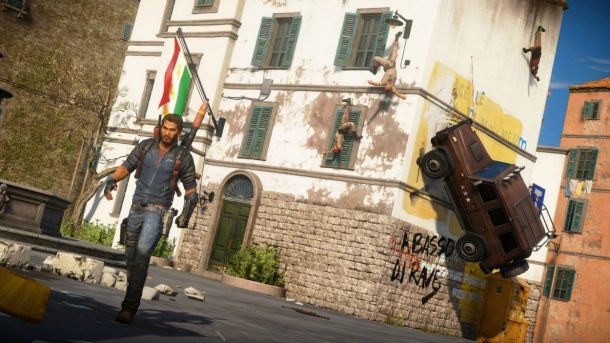
Piracy On The Ropes
While the scales have certainly tipped in favor of the publishers, it would be premature to suggest that this is the end of piracy as we know it. Crackers will continue to attempt to circumvent protection, and Denuvo is aware that it won’t be able to stop every effort. But Goebl also says that isn’t the company’s goal.
“Our goal is to secure the initial sales window,” he says. “People have been wondering, ‘Is this really the end of piracy?’ Actually, it’s important to secure the first weeks after release of the game. Potentially at some point, someone will come up with a bypass or crack for each game. At some point some piracy group will always come up with a crack.”
Protecting games during the crucial early days matters because that’s when publishers are making their big sales pushes. In 2015, Denuvo protected approximately 10 games, according to Goebl. He anticipates that number to grow with the success against piracy of Dragon Age: Inquisition, and the ongoing consternation with Just Cause 3’s security.
Unfortunately, no straight line can be drawn between game protection and revenue. Goebl believes that the evidence is there anecdotally to support the value of it, though.
“I’m sure the return on investment is made quickly when converting pirates to paid consumers,” he says. “If we look at some of the shady forums and torrent sites, people are posting there that they couldn’t wait for the crack and bought the game.”
Realistically, as long as there are people who don’t want to pay for software, piracy will continue. It might get harder, but that simply means that those working against companies like Denuvo will have to get craftier. For now though, publishers have the upper hand, and crackers are feeling more pressure than ever.






